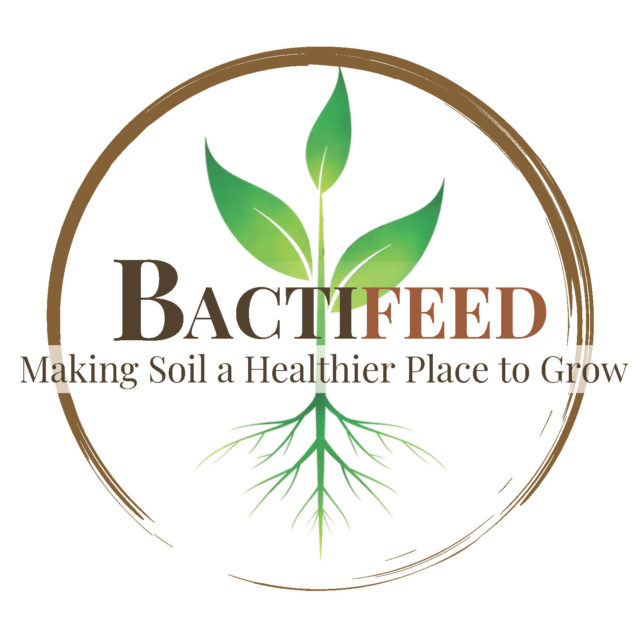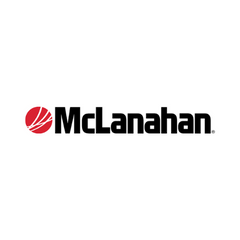Victimless agriculture? Quite a title, right? Fear not, dedicated Progressive Dairyman readers, I didn’t suddenly wake up a vegan today; there’s no veggie burgers or tofu-dogs in this agvocate’s future. Contrary to first glance, I’m not even talking about animals in this column. The “victims” to whom I’m referring in the title are us in the industry.
At the Animal Agriculture Alliance’s summit in early May, attendees were, at times, hammered over the head with the notion that agriculture needs to be more transparent, that the industry must better communicate with consumers and that we must address our issues internally with a critical eye.
Easier said than done, right?
One of my favorite speakers from the week was Feedstuffs' Andy Vance. Vance tempered a presentation by what some attendees thought of as a rather “radical” speaker, Katy Keiffer from Heritage Radio Network.
While the summit’s audience perhaps wasn’t that surprised that a radio personality from the “Big Apple” wouldn’t be the biggest cheerleader for animal agriculture, I think some were surprised that Vance agreed with many of Keiffer’s points.
As Vance comically described it, for much of Ms. Keiffer’s presentation he was saying “Amen, sister,” in his head after nearly every sentence.
Well, Mr. Vance, I was saying “Amen, brother,” after nearly every one of your points.
Vance and I agree on a great many things, and it’s clear that first and foremost we agree on a passion and commitment to agriculture.
After all, it’s unlikely Vance would have a distinguished work history which includes the National Association of Farm Broadcasting and now, Feedstuffs, if he wasn’t interested in the industry that grows and raises food.
It became instantly clear from the outset of Vance’s speech that he and I operate under a very similar guiding principal: I’m here to tell you what you need to know, not what you want to hear.
As the Communications Director for the Animal Agriculture Alliance, it’s my job, and privilege, to speak on behalf of the larger animal agriculture industry when called upon to do so. Lately, I’ve been what the activists dub the “corporate mouthpiece” on issues ranging from antibiotics to farm protection legislation.
As much as I love my job, I would be lying if I didn’t say that most days it’s one heck of a struggle. Lately, it seems like agriculture has been vilified, crucified and bullied almost daily. No matter the adjective, we in the industry are collectively fighting a very challenging public relations battle, and we’re losing.
It would be easy to throw ourselves a pity party and play pin the tail on the culprit. I mean, the mainstream media hates us. They rarely write any nice stories about agriculture. They frequently fail to fact check and get it wrong. Pin a tail on the media.
And then there are the activists that want to bring about an end to meat, milk and egg consumption in this country. They have much larger budgets and staff resources than we do. They truly hate us and make their living spreading misinformation about animal agriculture. Pin a tail on the activists.
What about the consumers? They deserve a big tail pinned on them too. After all, they’re the ones that have all these questions and expectations. They should be taking the time to understand how food is produced, not the other way around.
So there ya go – the media, the activists and consumers are all to blame; they’re the reasons we have this publicity problem; they’re the reason that agriculture is under attack, right?
Wrong.
We are the problem. Vance said it, and that was an “Amen, brother” moment for me. We are the problem. Here’s why.
The agriculture industry, as Vance astutely pointed out, has a paradigm that continually shifts between a victim mentality and a superiority complex because they produce food. Amen, brother.
I get it; it’s hard not to get down about the bad press, consumer mistrust and activists campaigns. It’s a struggle to stay positive. It’s hard not to feel like the victim. I feel ya.
The problem comes, however, when we become so jaded that all media is bad or any questions from consumers are wrong. By us adopting an “us” versus “them” victimized mentality; we have given the activists exactly the opportunity they were looking for: We have let them tell our story for us, and look how that’s turning out!
Believe it or not, consumers are allowed to have questions, even if – yes, even if – those questions make us mad, uncomfortable or a combination of those two emotions. Not only are consumers allowed to have questions, but we also must keep in mind that they aren’t stupid.
Consumers may not know how, where or why their food is produced a certain way, but they want to know. We need to be the ones to help them understand; otherwise the activist community is going to keep beating us to the punch.
In trying to answer consumers legitimate questions, we need to recognize and appreciate that they have valid concerns. I think fundamentally, we in the industry can understand that food is a very personal choice.
Consumers are preparing meals to feed their loved ones every day; the choices they make in the grocery store directly impact the health and wellbeing of their friends and family.
Not only do we need to be cognizant of the highly personal nature of food – but we also need to think about food like the consumer does, meaning we need to think about it as food, not product.
In thinking about it as food, we need to appreciate that simply telling consumers not to worry about something (cough, antibiotics, for example) doesn’t mean they’re not going to worry about it.
If I can get anything across in this column today it’s that. Just because we say something isn’t a concern, and we tell the consumer not to worry about it, doesn’t mean they’re not going to. They don’t have to take our word for anything.
Part of addressing consumers’ concerns means listening to what they have to say and actually responding with factual information and the reasoning behind various industry decisions.
Further, the media is not the enemy.
As someone who works with journalists day in, day out, I’m here to tell you that if they ask me the tough questions, I’m happy. If they give me a little pushback when I spout off my market-researched talking points, I’m happy. If they call me to comment on a story, I’m happy.
Why? Because that’s what’s supposed to happen. That means they’re doing their job. They should be asking the tough questions, and we should be figuring out how to answer them. We should be taking every opportunity to comment on articles and share agriculture’s story with a larger audience.
I have the utmost respect for those of you in the trenches every single day, raising animals and ensuring we have the safest, most affordable, and most abundant food supply in the world. Together, we need to help consumers (and media) better understand the “why” behind standard industry practices and animal husbandry decisions.
I urge you to watch some of the presentations from the alliance’s summit; all the presentations are available here. So let’s un-pin the tails from those we previously blamed, and pin one on ourselves. We’re the problem, so let’s fix it.
Agriculture can be victimless – we just need to work hard to change how we view those asking the toughest questions. PD

Emily Metz Meredith
Communications Director
Animal Agriculture Alliance




